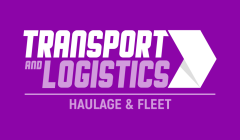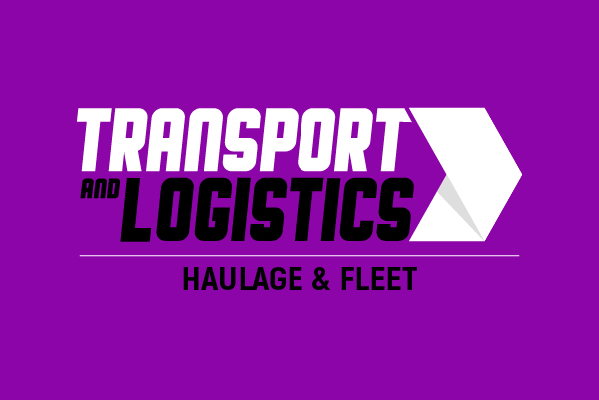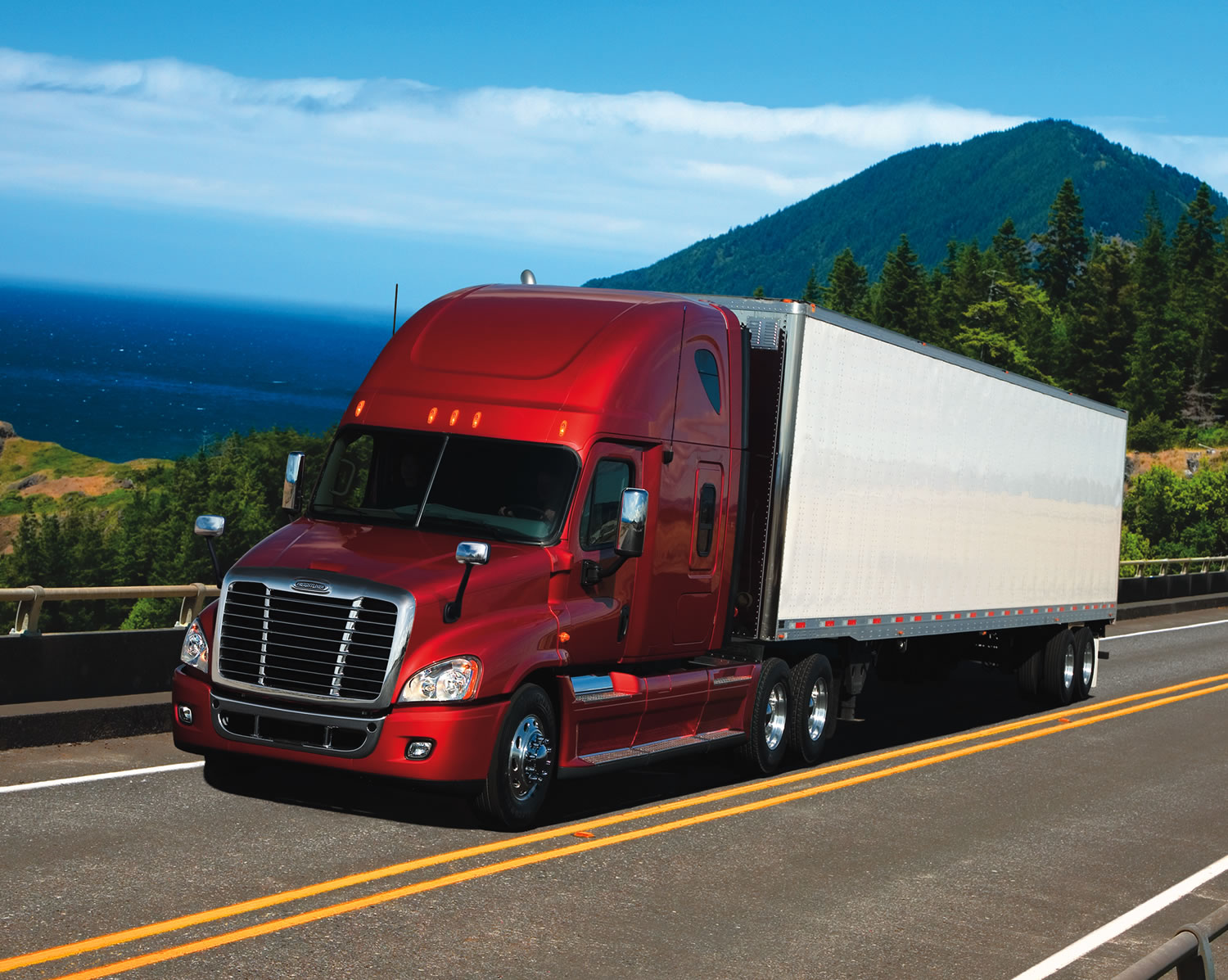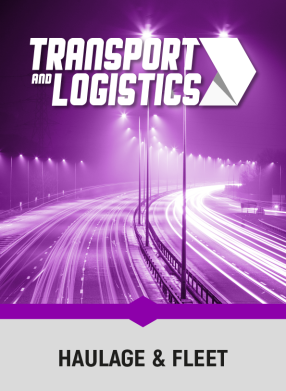Slowing down freight transportation vehicles could be the next step in the industry’s move towards being more green.
The planned reduction in carbon emissions from freight transport is rising up the agenda after some of the leading brands in Europe such as Deutsche Post DHL, Philips and Nestle called for the introductions of energy efficiency standards in the space of the next two years.
The companies suggested that making commercial vehicles more fuel efficient should be high on their list of priorities.
They evidenced an artic burning around 35,000 Euros of fuel annually, so improvements in fuel efficiency could save companies up to 10,000 Euros per truck per year and avoiding 37 million tonnes of carbon emissions every year in the process.
The latest concept for making the industry greener has been explored by Alan McKinnon, who is a logistics professor at Kuehne Logistics University in Hamburg, and has published a new paper which explores how the deceleration of freight transport could contribute to the de-carbonisation of logistics.
In his paper, McKinnon questions the traditional view that goods movement through supply chains continues to accelerate and argues that this might not fit into the government’s policies on climate change as they aim to reduce greenhouse gas emissions by 60-80% by 2050.
He explores the various ways of reducing CO2 emissions by reducing speed within a framework of freight de-carbonisation, defining three categories: consequential, indirect and direct.
While making trucks travel more slowly may reduce carbon emissions, it will also result in increased delays in the logistics process, which may or may not have a significant impact.
However, McKinnon also pointed out that there are other areas where logistics activities could be accelerated and offset the increased freight transit times.
In general, he makes the point that there needs to be further research in the area but believes that slowing down freight vehicles will eventually be viewed as a promising option for making the industry greener.












